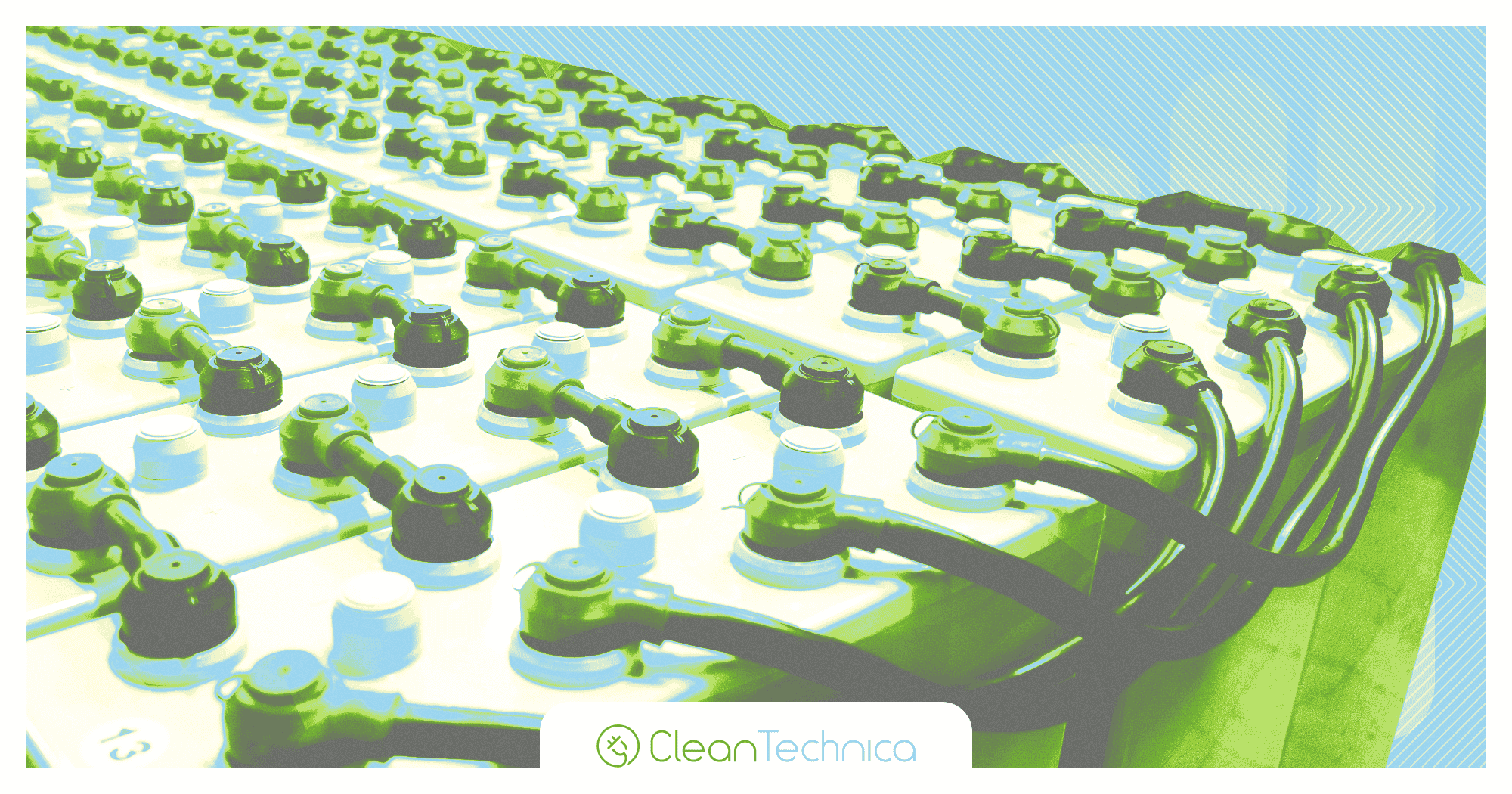How Are EV Batteries (Actually) Recycled?
Electric vehicle (EV) battery recycling is crucial to a sustainable, electrified transportation system. A substantial portion of key minerals for electrifying could come from recycled batteries by 2050, dramatically reducing the need for new mining. But how those batteries are recycled can make a big difference—we must use recycling processes with high … [continued]

